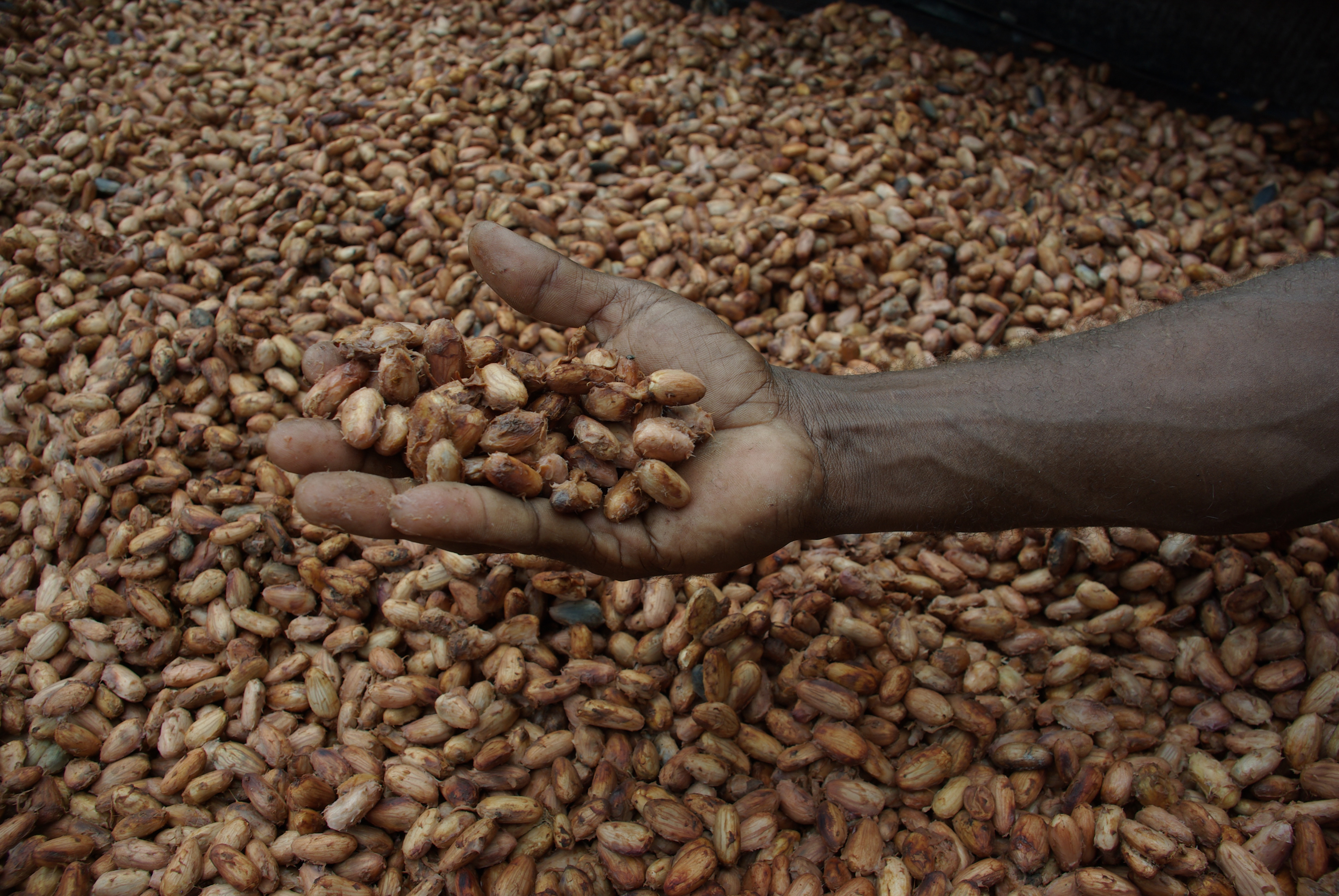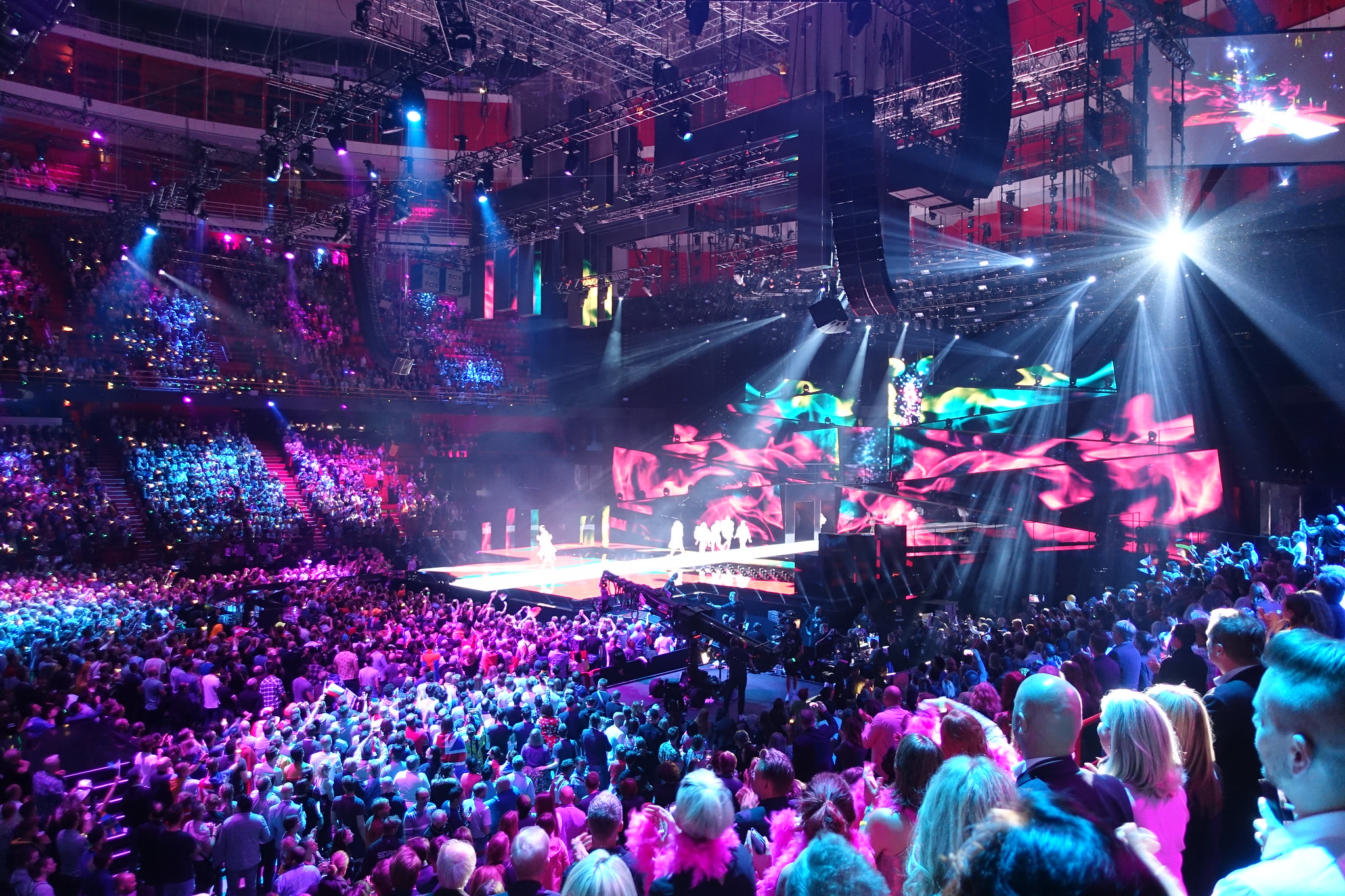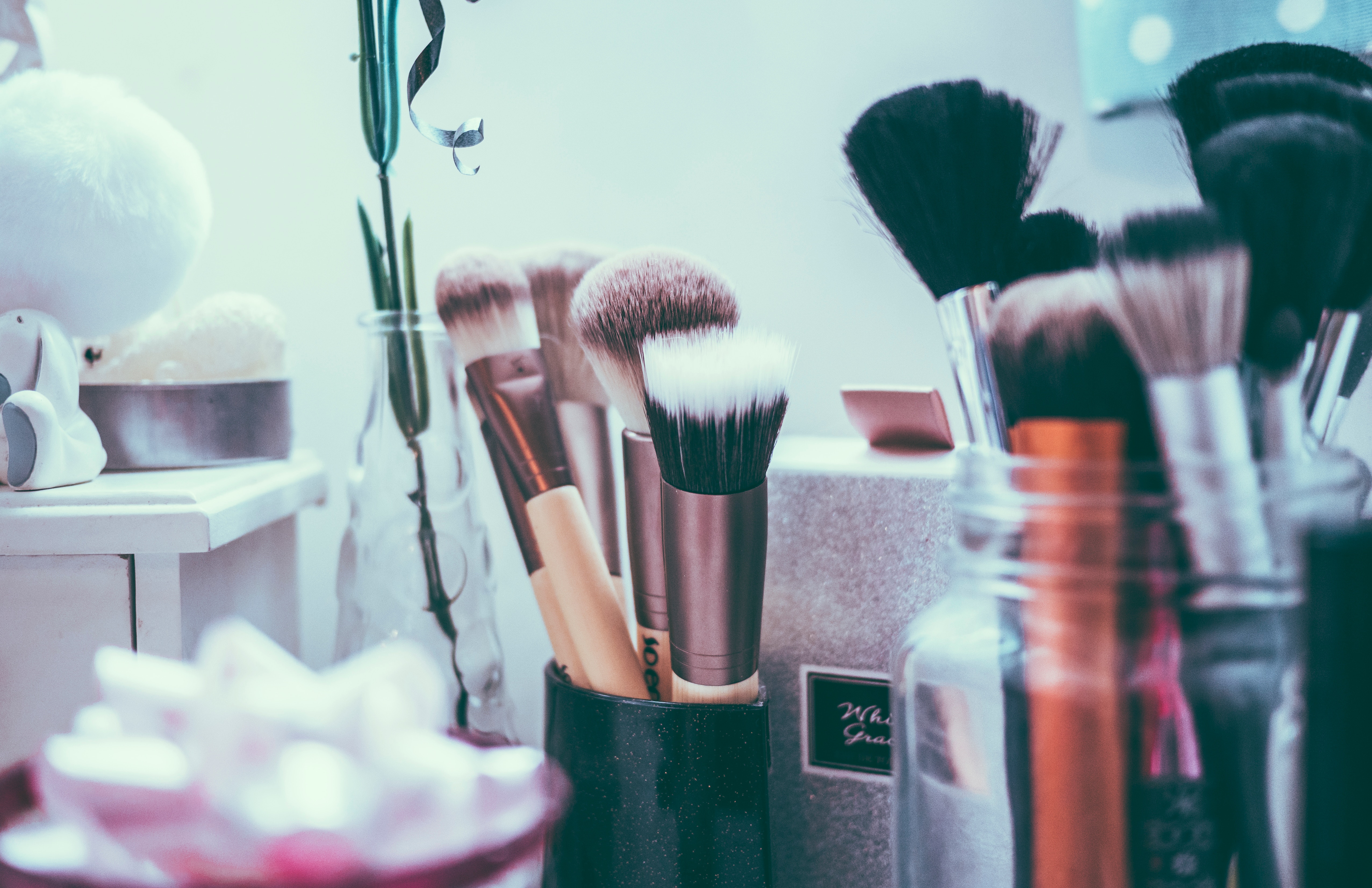
Earlier this week it was revealed that the worlds largest food producer, Nestlé, is going to to be sued over allegations that it has used child slaves to harvest cocoa in the Ivory Coast, Africa. As someone who has grown up consciously avoiding Nestlé products this news saddened me. Not least because I bought a packet of Cheerios last week.
The official Nestlé boycott began in 1977, emerging in response to Nestlé’s aggressive marketing tactics while promoting powdered baby milk. Campaigners pointed out that children in the developing world were suffering from malnutrition and death in part due to their tactics. Because clean water isn’t always available in poorer parts of the world, using formula can become incredibly dangerous, not to mention the huge health benefits of breast milk which cannot be replicated by formula.
While the official boycott was suspended in 1984 after Nestlé agreed to clean up their act, their record as a company is still dodgy. According to the International Baby Food Action Network (IBFAN), who run the boycott, it was actually resumed in 1988, and is ongoing.
Patti Rundall, policy director at IBFAN, told the Independent: “Every time you eat their chocolate you are benefitting from child slavery. There is very little cocoa production that isn’t sourced in a bad way and it will take a long time to change that due to the nature of large corporations.“
While this focus on cocoa seems relatively new, my parents first became aware of Nestlé’s record on powdered milk soon after I was born in 1993. My mum received a promotional care package from the company, which included an array of nappies, leaflets, and, of course, powdered baby formula.
“They were trying to lure us into the habit of using powdered milk,” my Dad says. Instead our family pretty much stopped eating Nestlé altogether.
My Dad, who has worked as the manager for the band Young Fathers, explained how Nestlé actually approached the band last year, asking them to write a promotional song for their brand of tea, Nestea – which is hugely popular in the West Indies, South America and Africa – for $50,000.
“We wrote the song, Nest [which appears on their latest album], with the idea that if it went through we would hire out billboards in places all over the world and start a campaign around it. The billboards would have basically said that Nestlé have caused the deaths of thousands of children and babies in some of the poorest parts of the world,” he says.
“Nestlé ‘loved the track’, but they wanted us to make changes to it. They wanted to chop up the chorus and add bits and pieces. There was no point in going through with it if the song was going to be a load of shite.”
The fact that Nestlé even makes a tea may come as a surprise to many, but the company produces loads of the UK’s favourite food. If I’m being good, I’m forced to avoid some of the best breakfast cereals (Cheerios, Shreddies, Oats and More, Cookie Crisp), Rowntrees, Quality Street, Kit-Kat’s, Aero’s, Nescafé, Polos and more.
Obviously you have to pick your battles, and like with other boycotts past and present – think the current boycott of Israeli goods – there are complex arguments surrounding the value and implications of denying yourself the foodstuffs of a behemoth of a company like Nestlé. My actions are going to have very little impact in terms of their profit margins, and while I rarely consciously buy Nestlé goods, I wouldn’t turn down Nestlé food offered to me by a friend.
But despite this, having been reminded of colour of their scales this week, I am glad that I have been brought up not consuming Nestlé products. I’m going to be throwing that packet of Cheerios in the bin and encouraging more people to join in the boycott.







